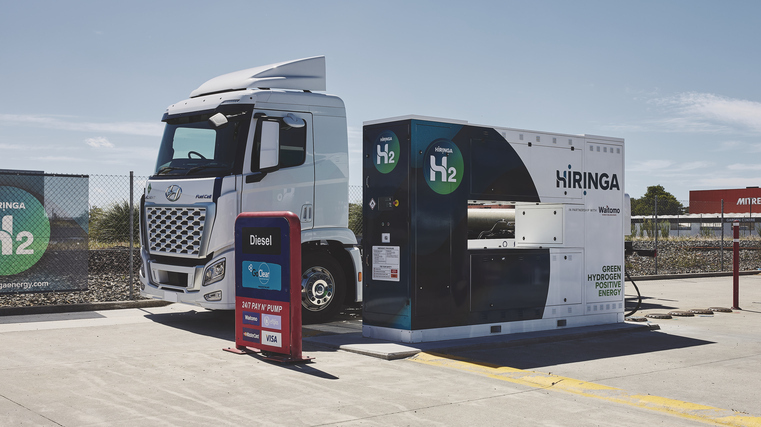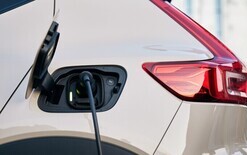Hydrogen on the agenda

The government has released a hydrogen action plan which sets out key steps to unlock private-sector investment.
It says some parts of the economy are not practical or possible to electrify, such as heavy transport and industry – and this is where hydrogen could take a major role in reducing emissions while keeping the economy growing.
The plan includes a review of regulatory barriers when it comes to low-emissions heavy vehicles.
Decarbonisation of heavy vehicles is at an earlier stage than light vehicles globally and in New Zealand.
“Some companies are exploring the merits of low and zero-emissions heavy vehicles and of different technologies, including electrification and alternative fuels such as hydrogen,” states the action plan published by the Ministry of Business, Innovation and Employment.
“A key role for the government is to remove regulatory barriers so they can adopt these options.
“For example, our vehicle dimension and mass rules can create barriers to getting hydrogen heavy trucks on our roads because hydrogen tanks on heavy vehicles can cause them to exceed volume constraints.
“There are also no inspection or crashworthiness requirements specific to hydrogen-fuelled vehicles. It is important to ensure our requirements are aligned with leading international standards and deviate only where the New Zealand context requires it.
“There are opportunities to review barriers to the uptake of low-emissions heavy vehicles, including hydrogen heavy vehicles, as part of work planned by the Ministry of Transport to review the regulatory system to ensure our rules are fit for purpose.”
MBIE adds that any change to the system would need to be balanced against the increased wear and tear on roads and bridges associated with heavier vehicles, and related higher maintenance costs.
On the wider hydrogen plan, Simeon Brown, Minister for Energy, says: “The government is committed to enabling the hydrogen sector to be part of our energy mix through removing regulatory barriers and supporting international trade and investment.
“The action plan sets out actions the government is taking to lower regulatory barriers and enable industry to further develop hydrogen energy solutions, which will help power Kiwi businesses into the future.”
The action plan’s four priority areas are:
• Creating an enabling regulatory environment.
• Reducing barriers for consenting hydrogen projects through Electrify NZ and RMA reform work programmes.
• Promoting a cost-effective and market-led transition to a low-emissions economy.
• Supporting access to international investment and markets.
The hydrogen action plan delivers against one of the priorities in the coalition agreement between the National and New Zealand First to plan for transitional low-carbon goals, including the infrastructure needed to increase the use of methanol and hydrogen to achieve “sovereign fuel resilience”.
Simon Watts, Minister for Climate Change, says hydrogen has potential to reduce New Zealand’s greenhouse gas emissions, particularly in hard-to-abate industries.
“Affordable and abundant clean energy is a key pillar to the government’s climate strategy. Hydrogen could play a key role alongside the increasing electrification of our economy to help reduce our emissions and meet climate-change goals.” To read the plan, click here.





